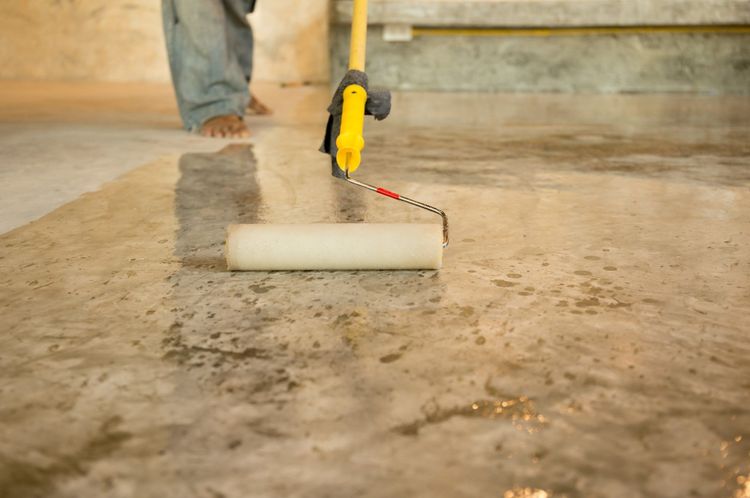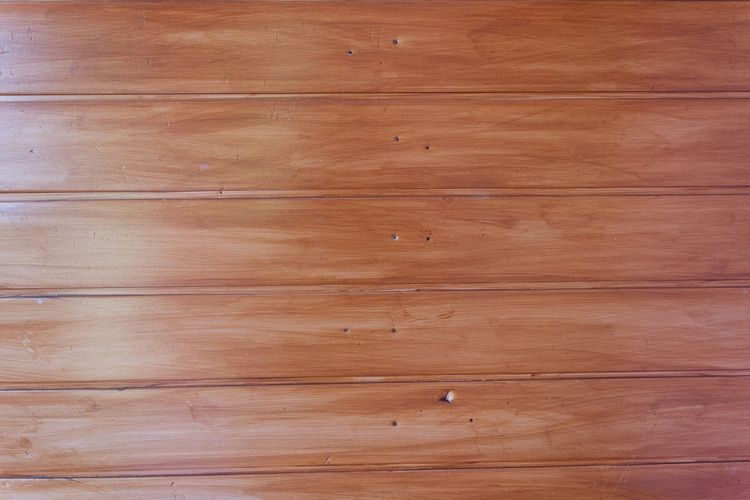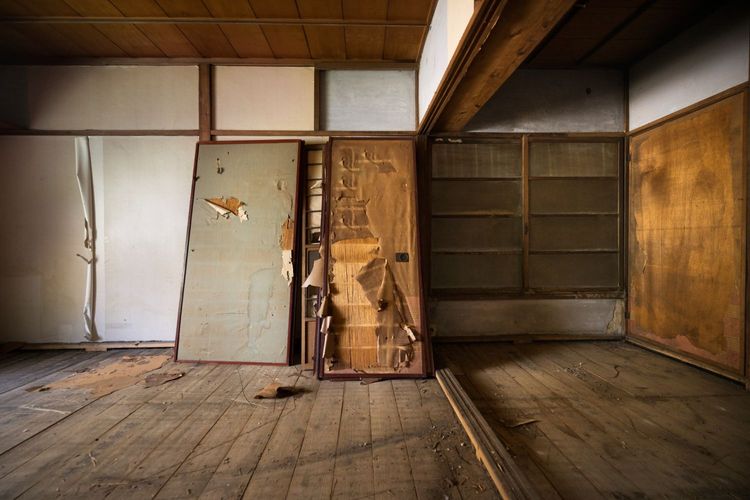Choosing the Most Durable Finish for a Wooden Staircase
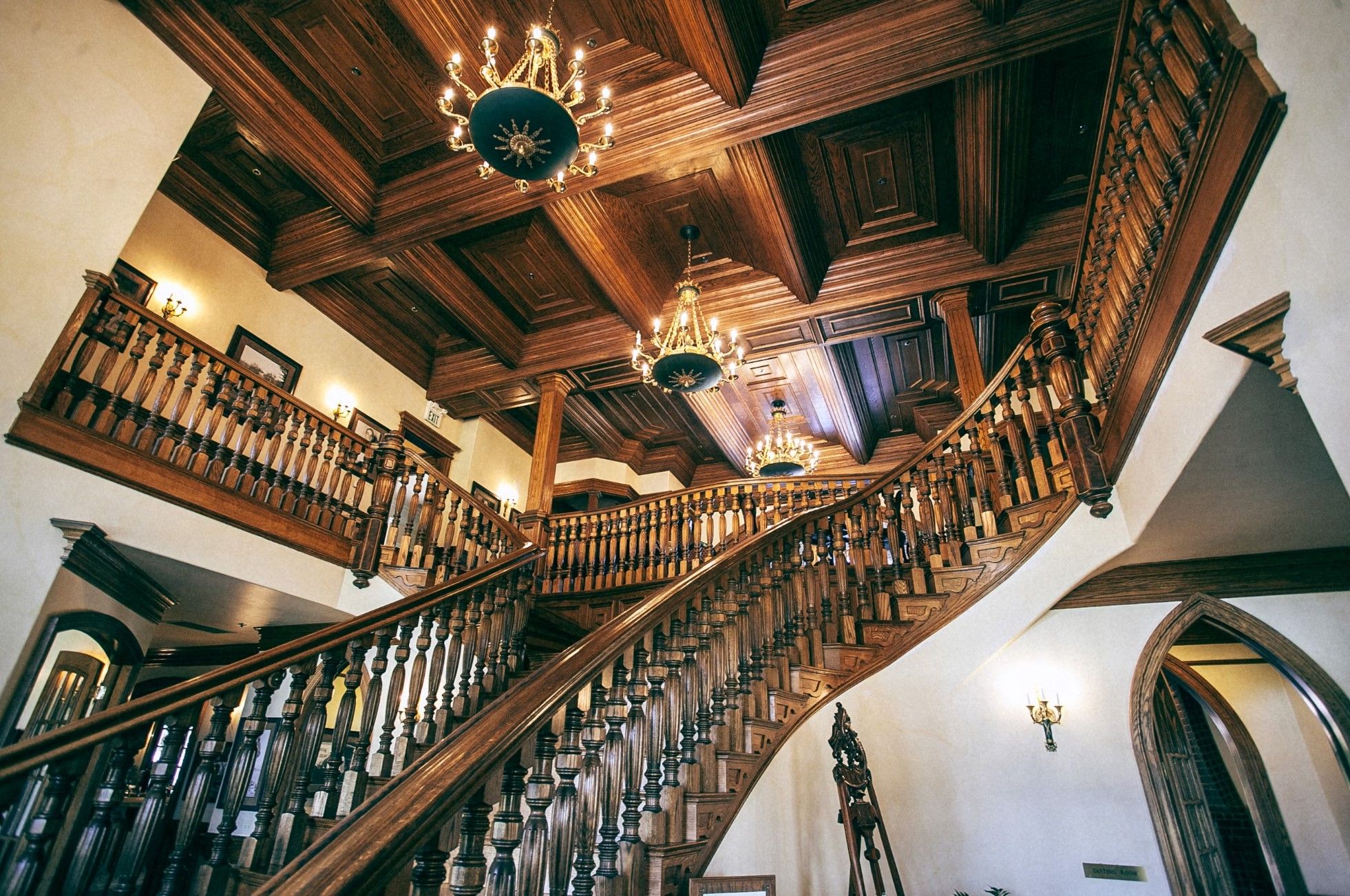
A well-finished wooden staircase combines beauty with practicality, but selecting the right protective coating can be challenging. The finish you choose must withstand daily wear while complementing your home's style. Let's explore the most durable options and how to determine which is best for your needs.
Key Considerations for Staircase Finishes
Before selecting a finish, evaluate your staircase's specific requirements. High-traffic areas demand finishes that resist scratches and abrasions, while homes in humid climates need moisture-resistant solutions. If your staircase receives direct sunlight, UV-resistant finishes will prevent fading. Safety is another critical factor - finishes with non-slip properties are essential for households with children or elderly residents. Maintenance requirements vary significantly between products, with some needing frequent touch-ups and others lasting decades with minimal care.
Top Performing Finish Options
Polyurethane remains the most popular choice for its exceptional durability. Available in both oil-based and water-based formulations, it offers different benefits for various situations. Oil-based polyurethane creates a hard, protective shell that stands up to heavy foot traffic, though it emits strong fumes during application. Water-based alternatives dry faster with less odor and resist yellowing over time, but may require additional coats for equivalent protection.
For those seeking industrial-grade protection, conversion varnish provides unmatched durability. This two-part catalyzed finish resists chemicals, moisture, and daily wear exceptionally well. However, its toxic fumes and complex application process typically require professional installation, making it more common in commercial settings than residential homes.
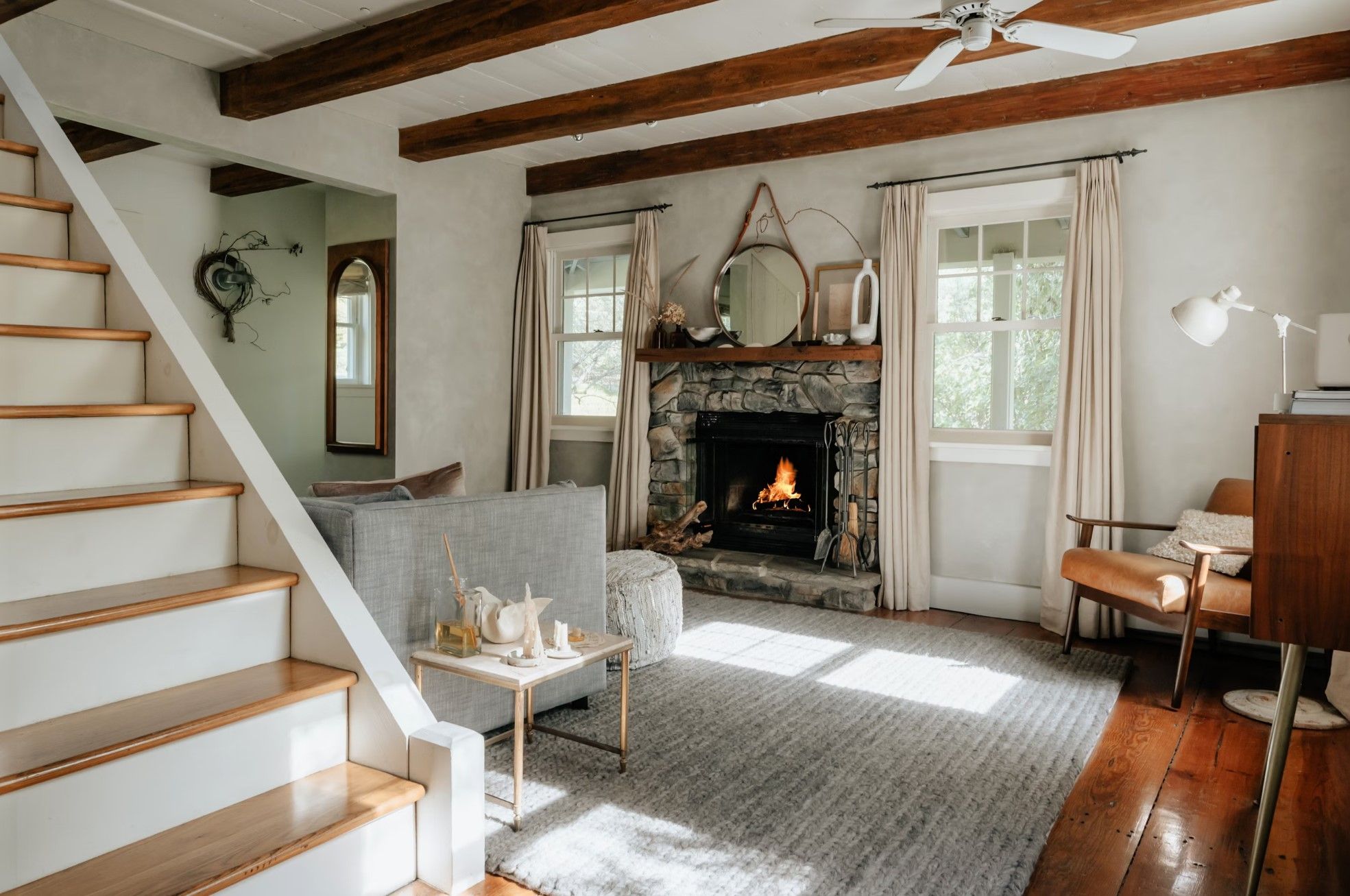
Epoxy resin offers perhaps the toughest protection available, forming a nearly impervious plastic-like coating. Particularly valuable for outdoor staircases or indoor areas needing maximum durability, epoxy can be enhanced with non-slip additives for safety. The trade-off is its thick application, which can obscure the wood's natural grain.
For environmentally conscious homeowners, hardwax oil presents a natural yet effective solution. Products like Osmo or Rubio Monocoat penetrate deep into the wood fibers while allowing easy spot repairs. While not as durable as synthetic options, its renewable nature and warm matte finish appeal to those prioritizing sustainability.
Lacquer finishes provide a quick-drying, glossy alternative suitable for contemporary designs. Spray-applied nitrocellulose or pre-catalyzed formulas create a sleek appearance, though they may chip over time and prove challenging for DIY touch-ups.
Application and Maintenance Insights
Proper application significantly impacts a finish's longevity. Begin with thorough preparation - sanding the wood to 120-220 grit and removing all dust particles. Environmental conditions during application matter greatly; ideal conditions fall between 50-90°F (10-32°C) with moderate humidity levels. Applying multiple thin coats rather than fewer thick ones prevents bubbling and ensures even curing.
Maintenance requirements vary by finish type. Polyurethane and epoxy surfaces clean easily with mild soap, while minor scratches can often be buffed out. Hardwax oil stands out for its repairability - worn areas can be refreshed without refinishing the entire staircase. Regardless of finish type, avoid harsh cleaners containing ammonia or bleach, as these can degrade the protective layer.
Balancing Cost and Performance
When budgeting for your staircase project, consider both material costs and lifespan. Oil-based polyurethane offers excellent value at 1.50−1.50−3.00 per square foot, typically lasting 10-15 years. Hardwax oils cost slightly more initially (2.00−2.00−4.00 per square foot) but require more frequent renewal every 5-8 years. For long-term investments, epoxy resin (4.00−4.00−8.00 per square foot) and conversion varnish (5.00−5.00−10.00 per square foot) can last 20 years or more with proper care.
Making the Right Choice
The ideal finish depends on your specific needs and priorities. High-traffic areas benefit most from oil-based polyurethane or conversion varnish, while eco-conscious homeowners may prefer hardwax oil or water-based polyurethane. For ultimate durability, especially in challenging environments, epoxy resin provides unparalleled protection. Budget-conscious projects might consider lacquer as a balanced option.
Remember that proper preparation and application are just as important as product selection. Even the most durable finish won't perform well if applied incorrectly. By carefully considering your staircase's requirements and the characteristics of each finish type, you can ensure beautiful, long-lasting results that enhance your home for years to come.

